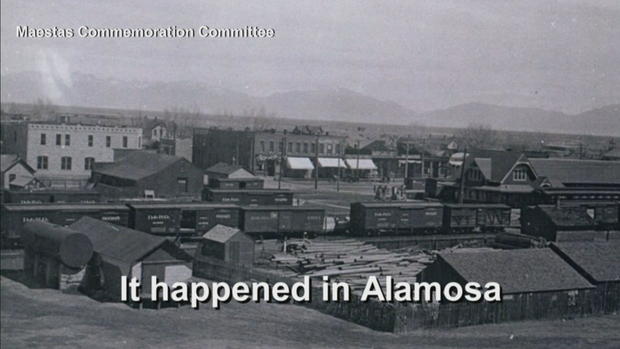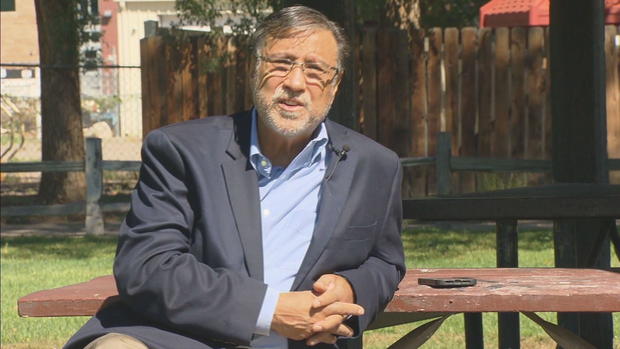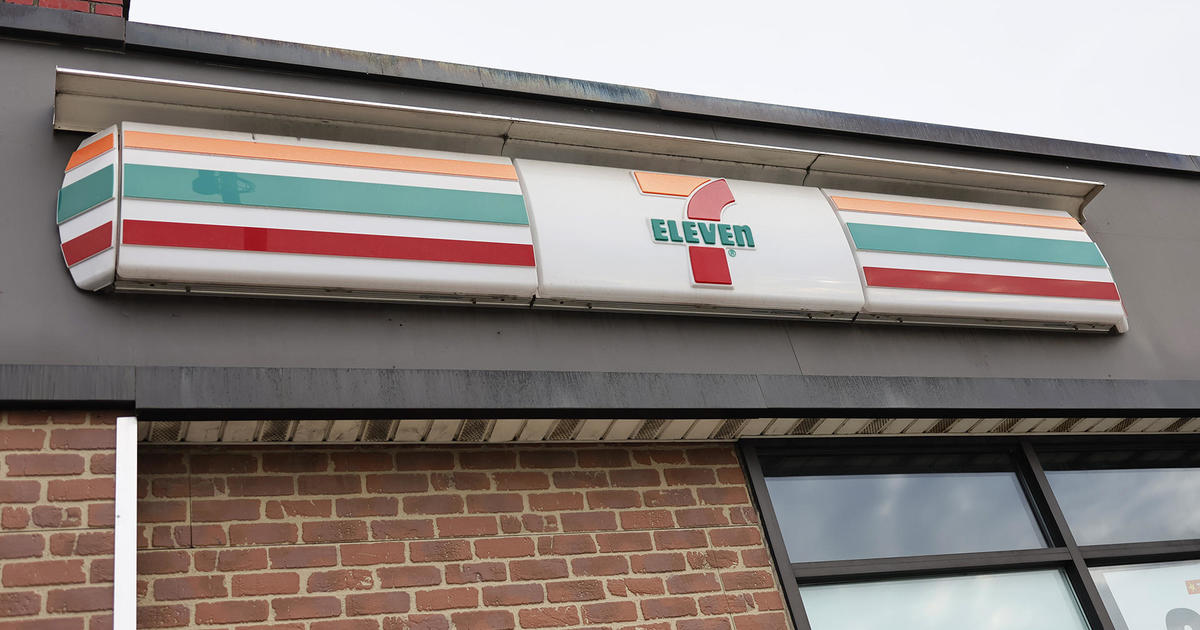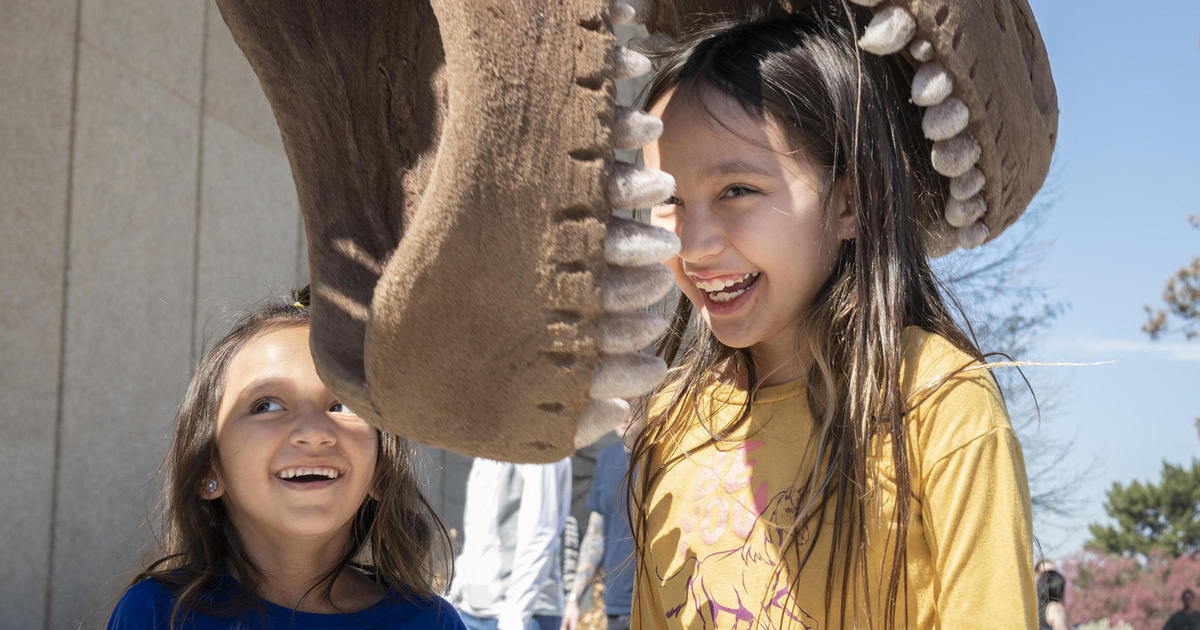Latinos in Colorado won the right to attend whatever school they wanted to decades before the rest of the country
In the San Luis Valley, Mexican American culture runs deep. The Hispano people who settled in the area during the Spanish colonization of the Southwest have held onto their traditions for hundreds of years, and for just about as long they have fought for their rights as Americans.
"There are many indications that the KKK was very strong even in this area," said retired Judge Martin Gonzales.
At the turn of the twentieth century, Alamosa was a segregated town. Mexicanos and whites lived in two different worlds. The divide was evident when it came to education.
The town had a school for white children and a school for Mexican-American children, and the school board did not allow any mixing. Even for Francisco Maestas, who lived close to the white school, but across town from the Spanish school.
That was a problem because his kids had to cross busy railroad tracks every day to get to school. Plus, the valley didn't make it any easier on them.
"The weather in wintertime could get to forty below, thirty below, and so any kind of traveling on foot, especially by young children, is a dangerous proposition," said Gonzales.
Francisco petitioned to get his son Miguel into the white school, but the school board refused. Saying that despite his children speaking fluent English, they needed to be educated in Spanish. The Mexican American community did not like the rule.
"The Mexicanos, the Hispanos got together and said this is not right this is discrimination," said Gonzales.
They pooled their resources and hired a lawyer to challenge the decision in Colorado courts. Their sacrifices paid off.
A Colorado district judge ruled that the school board was violating the Maestas children's rights by depriving them of equal access to education based on their race. It was a big decision for 1914.
"It is my belief that this particular case is the first desegregation case, particularly for Hispanos in the country," said Gonzales.
Even though it was a first-of-its-kind decision that could have had an impact on race relations in the country, the case was forgotten for one whole century.
That is until some academics contacted Judge Gonzales, who also happens to be the first Mexican American to be a district court judge in Alamosa and asked him to help them research the case.
Judge Gonzales says he realized immediately the importance of the Maestas decision.
"These kinds of rights and, frankly, responsibilities are very important to how society gets conducted," he said.
That's why now in his retirement, the San Luis Valley native works to spread the word about the Maestas Decision. So, people know that equality is an old-fashioned Colorado value that has been forgotten for too long, and to honor the struggles his ancestors and their campaneros made to ensure he and children like him could get the education they deserved.
"My gente looked at it as just one more struggle of many struggles that had happened, did happen and are continuing to happen," said Gonzales.
The Maestas Commemoration Committee is doing an event on October first to dedicate a statue in Alamosa. If you would like to take part in that celebration you can head to their website maestascase.com and buy tickets.






